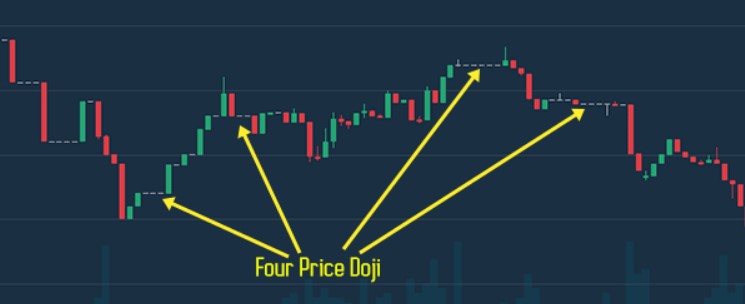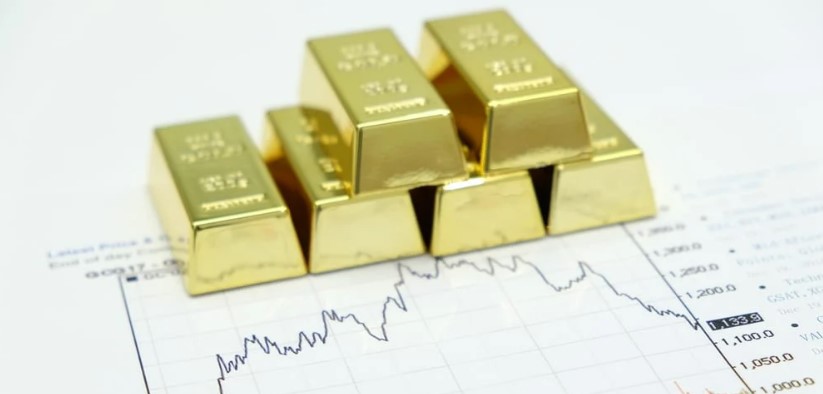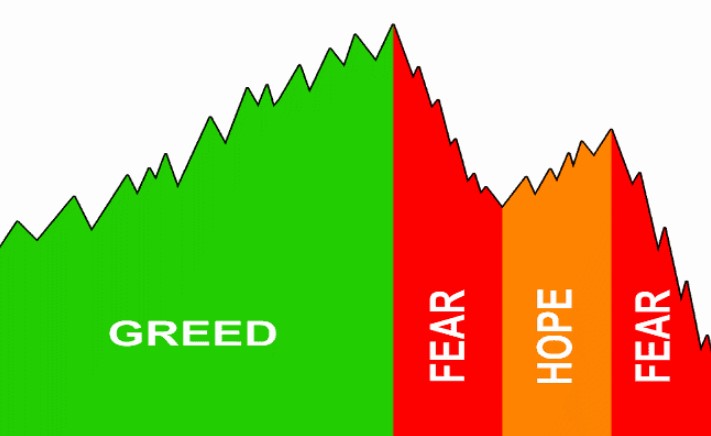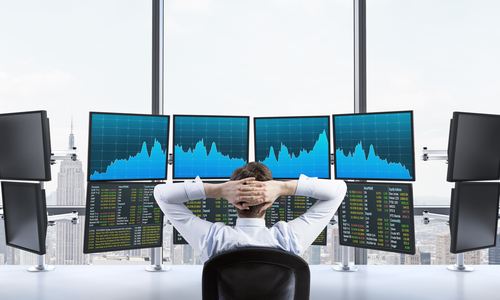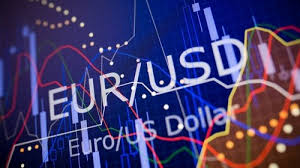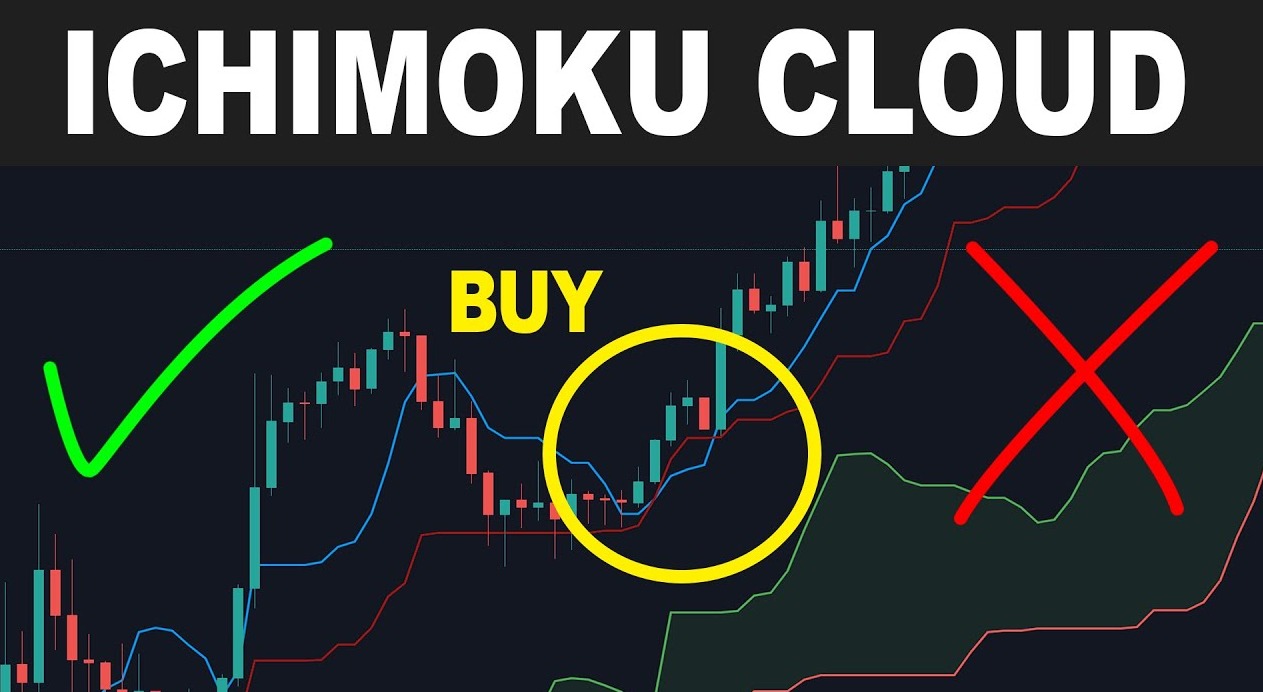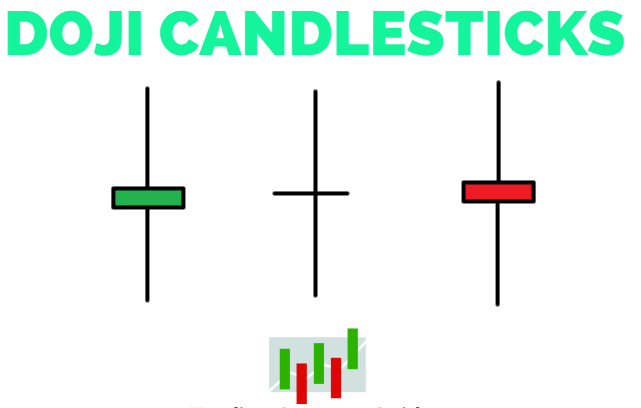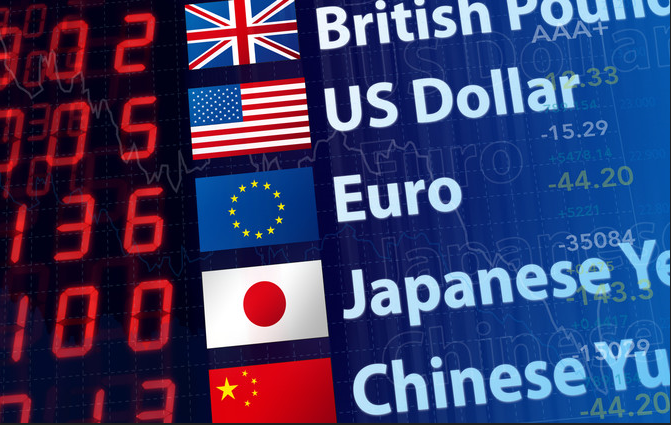
Part 1: What Is Forex Trading ? A Definition & Introduction
Introduction to FOREX Trading:
Good luck traders
This beginner's Forex course is free and will teach you how to trade Forex. Although you may find the information elsewhere on the internet, it's not easy to find. This tutorial will be as entertaining as possible, so you can learn Forex trading and have fun doing it.
This course will give you a solid knowledge of Forex trading and the Forex market. You will then be ready for real-world Forex trading strategies.
What's the Forex market?
* What is Forex? The basics
The Forex market is basically where traders, banks, governments, investors, and traders exchange currencies and speculate on them. It is also known as the "FX market", the "Currency Market", or the "Foreign Exchange Currency Market". It is the largest and most liquid global market with an average daily turnover $3.98 trillion.
The Forex market is open 24/7, 7 days a week. The most important trading centers in the world are located in London, New York and Tokyo.
You should note that Forex trading does not have a central market. Instead, it is done 'over-the-counter'. This is unlike stocks which have a central marketplace where all orders are processed by the NYSE. Forex is an item that can be quoted by all major banks. However, not all banks will have exactly the same price. The broker platforms pull all the feeds from different banks. The quotes that we get from our broker are an average of these feeds. The broker is the one who transacts the trade and takes the other side. They'make it happen'. Your broker sells currency pairs to you and not another trader when you buy them.
A short history of the Forex market
Okay, this is going to be boring. But it's important that you have a basic understanding of the history and origins of Forex market. Here's the history of Forex market in its simplest form:
The gold exchange standard, which was established in 1876, was put into effect. It basically stated that all paper currency must be backed with solid gold. The idea was to stabilize the world's currencies by pegging them to the gold price. Although it was an excellent idea in theory, it led to boom-bust patterns that ultimately led to the end of the gold standard.
Around the start of World War 2, the gold standard was abandoned. This was because major European countries didn't have enough gold to back all the currency they were printing in order to pay large military projects. Even though the gold standard was eventually dropped, the precious metal has not lost its supreme value as a form of monetary currency.
The world decided to fix exchange rates, which resulted in U.S. dollars being the primary reserve currency. It would also be the only currency that was backed by gold. This is called the "Bretton Woods System" and occurred in 1944. (I know you are thrilled to hear that). The Bretton Woods System was ended in 1971 when the United States declared it would no more exchange gold for U.S. dollar foreign reserves.
This was the event that led to widespread acceptance of floating foreign currency rates in 1976. Although this was the "birth" the current foreign currency market, it wasn't widely electronic traded until the mid 1990s.
(OK! Let's now move on to more fun topics! )...
What's Forex Trading?
Forex trading is the speculation about the price of one currency against the other. If you believe the euro will rise against the U.S. Dollar, you could buy the EURUSD currency pair at a low price and then, hopefully, sell it at a higher profit. If you purchase the euro against the U.S. Dollar (EURUSD), you will be in a losing situation. It is important to understand the risks involved in Forex trading, as well as the potential rewards.
Why is Forex so popular?
Forex trading offers one of the most rewarding careers in the world. Although it's not an easy job, it is possible if you're determined and focused. Below is a list of skills that you will need in order to achieve your goals in Forex trading:
Ability – to accept a loss without becoming emotionally
Confidence- To believe in yourself, your trading strategy and to have no fear
Dedication to being the best Forex trader that you can be
Discipline- To remain calm and unmoved in a world of constant temptation (the markets)
Flexibility to Trade changing market conditions successfully
Focus to keep your focus on your trading plan and not drift off course
Logic – To view the market objectively and directly
Organization – to promote and reinforce positive trading practices
To wait for the best-probability trading strategies that fit your plan,
Realism - To not believe you will get rich quickly and to understand the realities of trading and the market
Smart - To take advantage of your trading edge whenever it arises, and to be aware of the market's happenings at all times
Self-control – to avoid over-trading and over-leverage in your trading account
Forex traders can capitalize on the volatility and high leverage of the market. To do this, they must learn and master a Forex trading strategy and build a trading plan around it. They also need to be disciplined and follow that strategy with ice cold discipline. This is where money management is crucial. Leverage is a dual-edged sword that can either make you lots of money or cause you to lose a lot. Forex trading requires you to know exactly how much money you are putting at risk and to be willing to lose that amount. Later in this course, we will discuss money management.
* Who trades Forex?
Banks The interbank forex market is able to handle large quantities of speculative trading and a majority of Forex transactions. Large banks may trade billions of dollars daily. This trading may be done for customers at times, but it is often done by proprietary traders working for the bank.
Businesses - Businesses need to use foreign exchange markets to purchase goods and services from other countries, and to also sell products or services to foreign countries. Companies that need to convert currency to transact in foreign countries make up a significant portion of Forex market activity.
Central banks / Governments - The central bank of a country can play a significant role in foreign exchange markets. They can affect the currency's value by controlling money supply, inflation and (or) interest rate. To stabilize the market, they can use their large foreign exchange reserves.
Hedge funds Speculative foreign exchange transactions account for around 70% to 90% of all transactions. The person or institutions who bought or sold the currency did not intend to take delivery of it. Instead, they were speculating about the price movements of the currency. You and I are a small number compared to big hedge funds, which control and speculate with billions each day in currency markets.
Individuals You have participated in the foreign currency market if you have ever been to another country and exchanged your money at an airport or bank for a different currency.
Investors- Investment companies that manage large portfolios on behalf of their clients use FX market transactions to purchase and sell foreign securities. An example of this is an international equity portfolio manager who uses the Forex market to buy and sell currency pairs to purchase foreign securities.
Retail Forex traders We are finally here to help you and me. With the ease of access to Forex trading platforms on the internet, the retail Forex trading market is expanding. The market can be accessed indirectly by retail Forex traders either through a broker, or via a bank. Two main types of retail Forex brokers allow us to speculate on the currency markets: dealers and brokers. The broker acts as an agent for the trader, negotiating the best price and executing the order on behalf of the customer. They charge a commission on top the market price. Market makers are dealers because they create the market for traders and act as the counter-party. They quote a price that they are willing to trade at and get compensated through spread (the difference between the buy/sell price).
The Advantages of Trading in the Forex Market:
* Forex is the world's largest market, with daily volumes exceeding $3 Trillion per day. This is because there is a lot of liquidity, making it easier to move in and out.
* Trade when you want: The Forex market does not have an opening bell. From Sunday at 5 p.m. EST through Friday at 4 p.m. EST, you can trade when you wish.
* Easy access: With as little as $250, you can fund your trading account at most retail brokers. You can even start trading as early as the next day. You can trade instantly by clicking a button.
* Focus on fewer currency pairs, rather than getting lost in trying to analyze thousands upon thousands of stocks
* Trade anywhere in the world is possible with a laptop and an internet connection.
* Commission-free trading, with many retail market-makers, and overall lower transaction cost than stocks or commodities.
* Volatility gives traders the ability to profit in all market conditions and offers high-probability weekly trading options. There is no structural bias in the stock market like the long bias, so traders can profit equally in both rising and falling markets.
Forex trading is a fantastic market. However, beginners should be aware that trading can have both reward and risk. People often trade forex thinking only of the potential reward, and not considering the risks. This is the fastest way for you to lose all your trading account funds. It is essential that you understand and accept that there are risks involved in trading FX markets.
